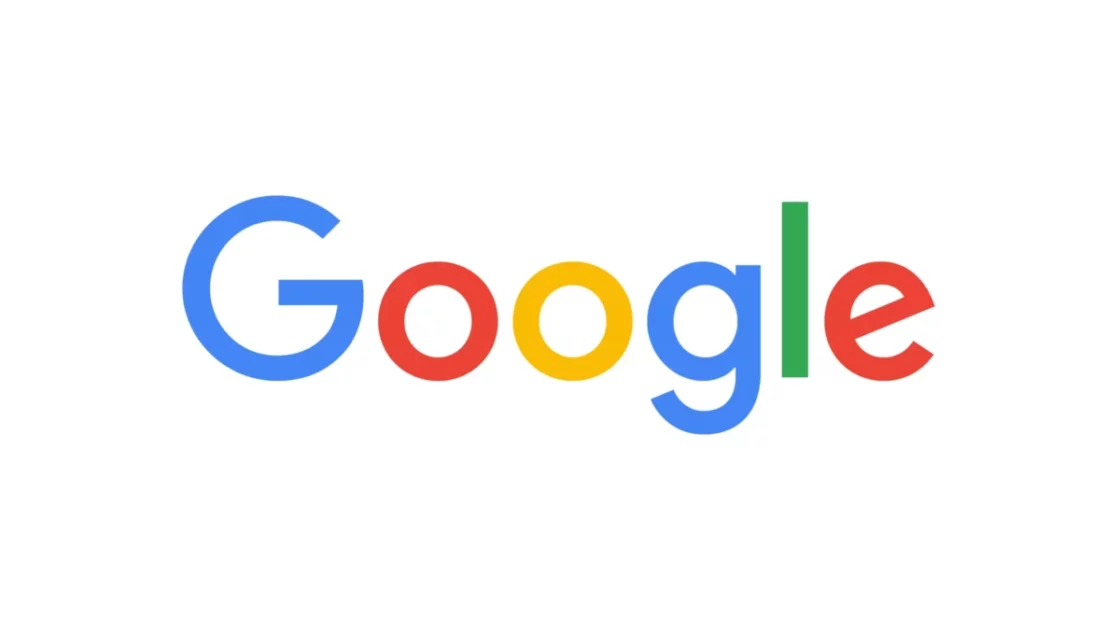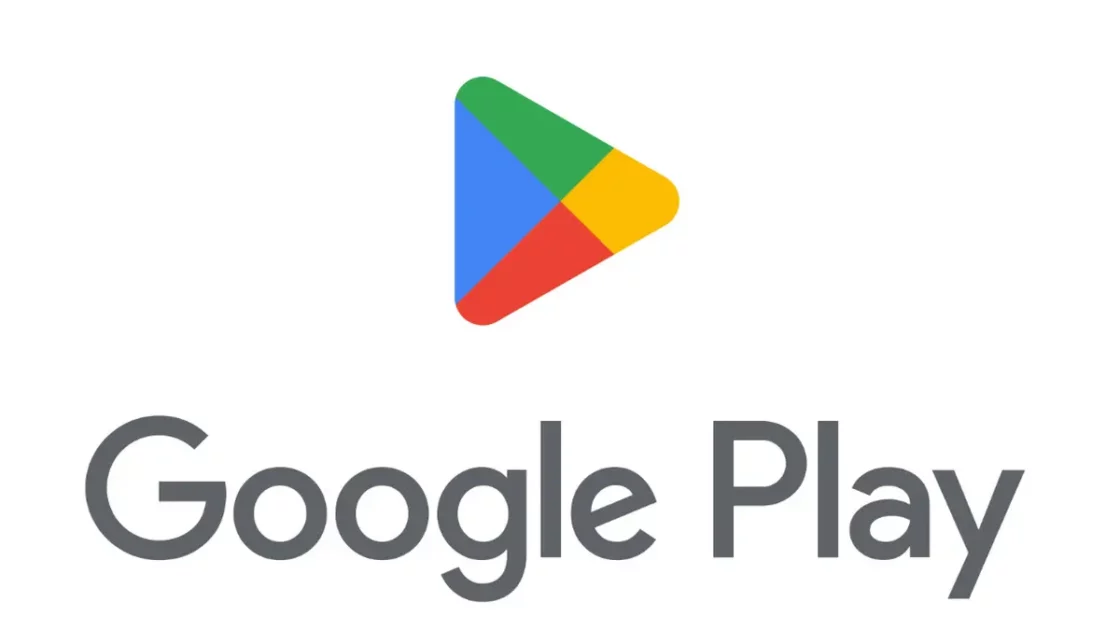Google faced a major reckoning for its control over the Android app market. In a landmark antitrust settlement with 36 US states, Google has agreed to pay a whopping $700 million and, more importantly, promised to loosen its grip on the Google Play Store, the gateway to millions of Android devices.

Google’s Play Store pays up and opens up: Antitrust settlement cracks open Android’s walled garden
Google’s control over Android apps wasn’t born overnight. The seeds were sown in 2018, when Epic Games, a gaming giant, challenged Google’s mandatory 30% commission on in-app purchases. Others, like Spotify, followed suit, raising concerns about unfair competition and Google’s preferential treatment of its apps.
Fast forward to 2020, and Arizona stepped onto the battlefield, the first US state to file an antitrust lawsuit against Google’s Play Store practices. It was the domino effect – more states joined the fray, accusing Google of stifling competition and user choice.

And in 2021, a major legal battle unfolded in the world of technology. A coalition of 36 US states and the District of Columbia filed an antitrust lawsuit against Google, accusing the tech giant of abusing its dominant position in the Android app market through its Google Play Store.
After years of legal wrangling, Google blinked. In September 2023, a landmark settlement emerged. Google conceded:
- A hefty $700 million fine: A financial nudge to play fair.
- Simpler sideloading: Users regain the freedom to download apps from outside the Play Store, potentially unlocking a world of cheaper options and alternative experiences.
- Policy tweaks: Google agrees to adjust developer policies, potentially addressing issues like payment processing, data collection, and competition within the app ecosystem.
Not everyone’s popping champagne. Critics, like Epic Games, claim the settlement is a “backroom deal” that lacks teeth. They fear Google might exploit loopholes or simply wait for the dust to settle before returning to its old ways.
So, what’s the future for Android apps? It’s too early to say. The settlement is a step towards a more open ecosystem, but it’s just the beginning of the journey. We’ll need to keep a close eye on how Google implements the changes, whether developers embrace the freedom of sideloading, and if competition truly blossoms.
Read more: